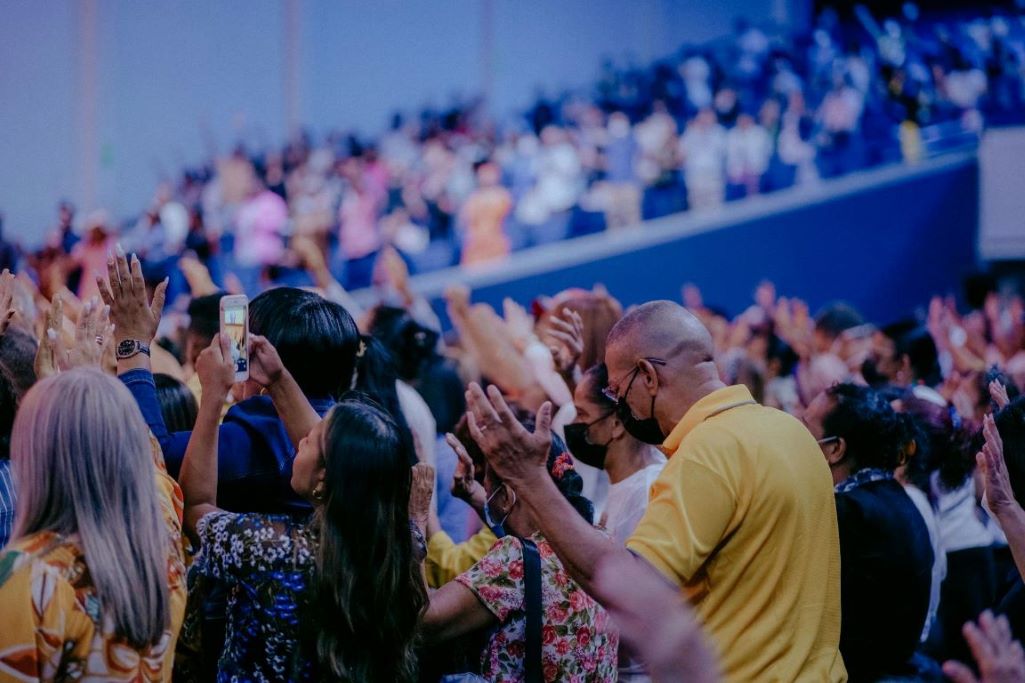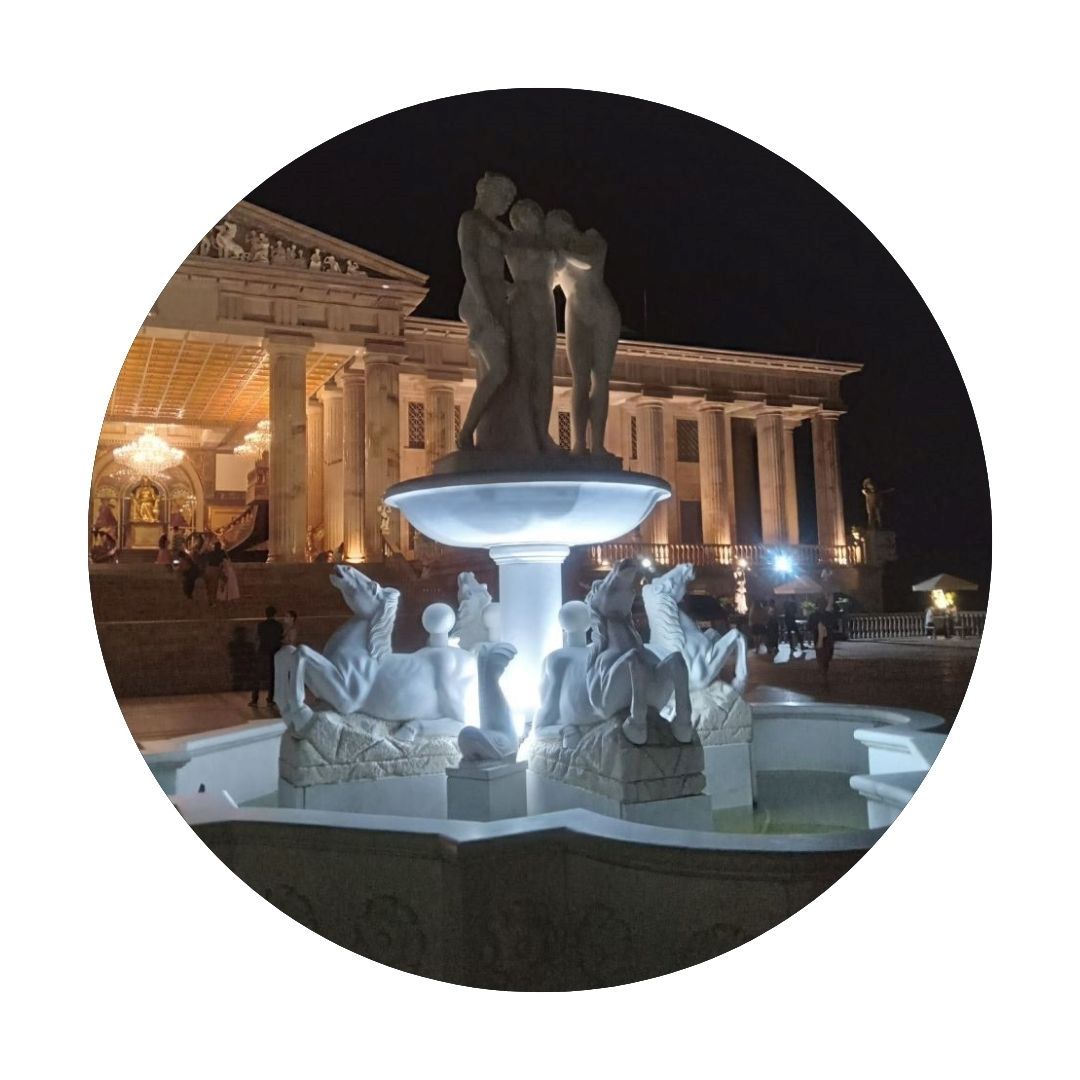TheLitPerspective is your one-stop shop for everything that ignites the spark of curiosity within you.

God’s Promise: Living for the Promised Land to Come
Photo by Baraa Jalahej

The Land of the Promise is often seen as something physical. Was it not said in Genesis 17:18 that
The whole land of Canaan, where [the Israelites] now reside as a foreigner, [God] will give as an everlasting possession to [them] and [their] descendants after [them]; and [He] will be their God?
Thus, the idea of the Promised Land as a place of peace, abundance, and divine grace has been persistent throughout the ages.
But what does this Promised Land represent for us today? Is it a physical location or something more profound?

Photo by Livier Garcia
Living for the Promised Land: The Ways
The truth is that the Promised Land can be understood as a state of being: a life filled with inner peace, purpose, and a deep connection to Christ.
It’s not a destination but a journey of continuous growth and spiritual fulfillment that transcends life. It is a pilgrimage of the soul that finds you on the other side with a better person.
Faith and Morality
The cornerstone of reaching the Promised Land is faith. This isn’t blind belief but a deep trust in the destinies that God has set for us. It is His force for good that guides and sustains us. Faith allows us to navigate life’s uncertainties with a sense of hope and optimism. Faith in God empowers us to face challenges, knowing we’re not alone.
How do we strengthen faith? Different people have their own practices, such as prayer, meditation, scripture study, and participation in services. However, a core aspect is developing a personal connection with God.
This can be through spending time in nature, reflecting on moments of awe and wonder, or simply expressing gratitude for the blessings in life.
Many people believe in a moral code, a set of principles that guide righteous conduct. But a code that follows God must emphasize timeless virtues like kindness, compassion, honesty, and forgiveness.
Living a moral life isn’t about external validation. It’s about aligning ourselves with what is good and right by God.
Living a moral life is about developing discernment and making choices that reflect our values. It’s about showing empathy, understanding the consequences of our actions, and striving to leave the world a better place than we found it.

Photo by Luis Quintero
Reflection and Letting Go
The Promised Land doesn’t exist without self-awareness and a willingness to grow. We all have flaws and areas for improvement. Regularly reflecting on our thoughts, words, and actions allows us to identify these areas. This introspection can be facilitated by journaling, spending time in solitude, or seeking guidance from spiritual mentors.
Growth can be uncomfortable.
It involves confronting the parts of our selves we don’t necessarily like, e.g., our negative tendencies and repressed emotions.
But by acknowledging their existence, we can choose to heal and transform. Forgiveness, both of ourselves and others plays a crucial role in this process. By letting go of resentment and negativity, we create space for inner peace and compassion.
Resentment and anger are heavy burdens to carry on the journey to the Promised Land. Forgiveness, however, is not about condoning wrongdoing.
Forgiveness allows us to let go of the past and move forward with a lighter heart. It doesn’t erase the hurt, but it takes away its power to control us. Forgiveness can be a challenging process, but it is ultimately a gift to ourselves, allowing us to experience greater peace and inner freedom.
Living for the Promised Land: The Journey
Finally, remember to celebrate the journey itself. Every step towards living a more meaningful, compassionate, and faith-filled life is a victory. Acknowledge your progress, no matter how small it may seem.
Taking time to appreciate these moments of growth and inner peace fuels our motivation and keeps us moving forward.
Reaching the Promised Land is a continuous process, not a single achievement.
The Land of the Promise may not be a physical location but a state of being. It’s a life filled with purpose, peace, and a deep connection to something greater than ourselves.
By cultivating faith in God, living a moral life according to His principles, reflecting on our growth, serving others, embracing gratitude, forgiving ourselves and others, remaining patient, exploring different paths, finding a supportive community, and celebrating each step, we are living for the promised land.
Enlighten yourself more with books through this link.

Alex is a writer with two modes: simple and wild. He’s equally at home going either way. He always has something to say and something to offer, even if it’s only after a few minutes of furious googling. He loves reading and writing random stuff in his spare time.



